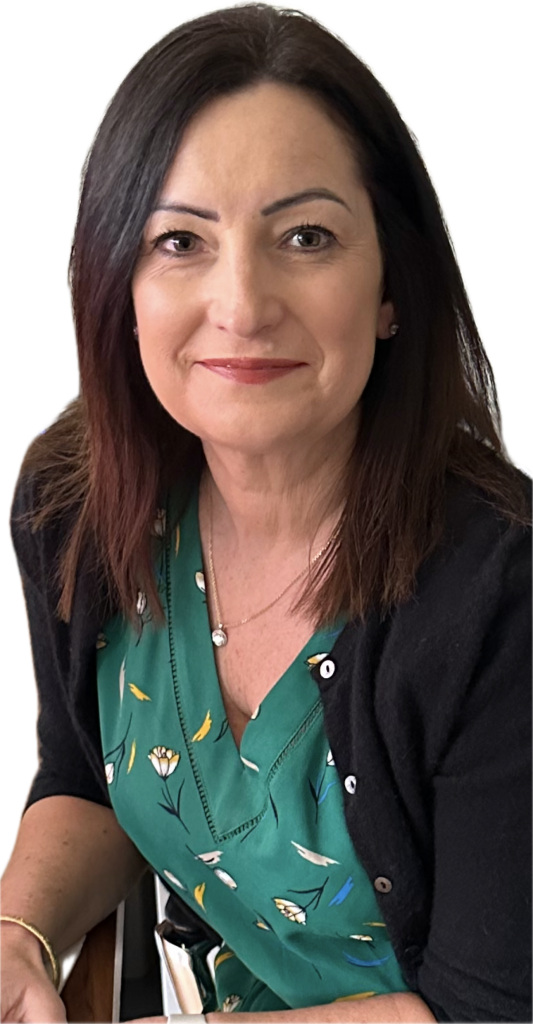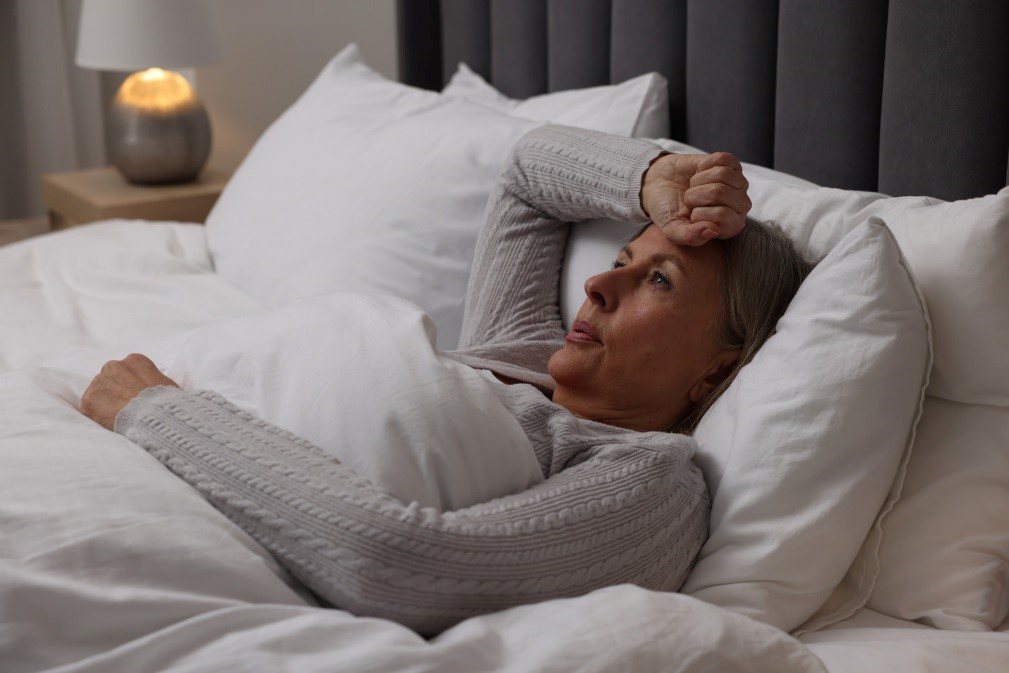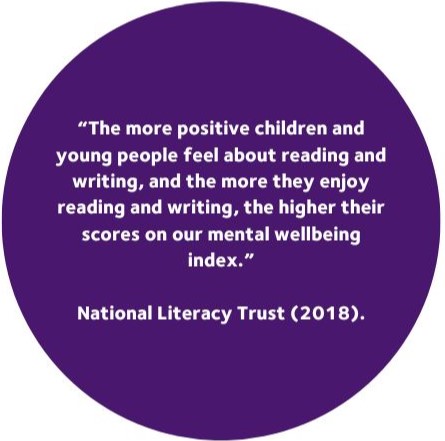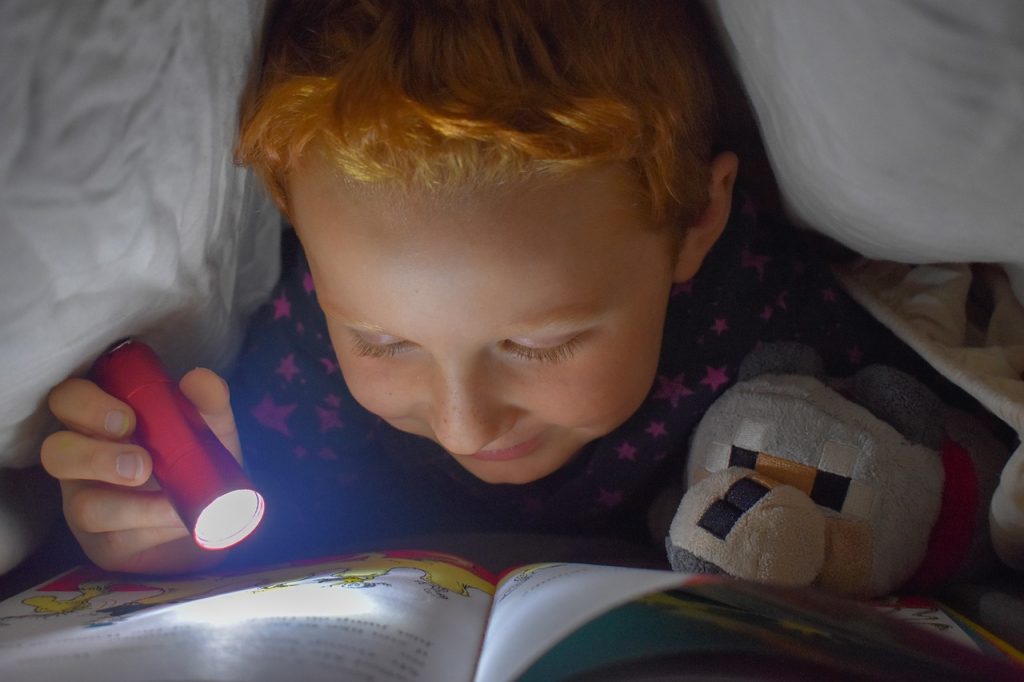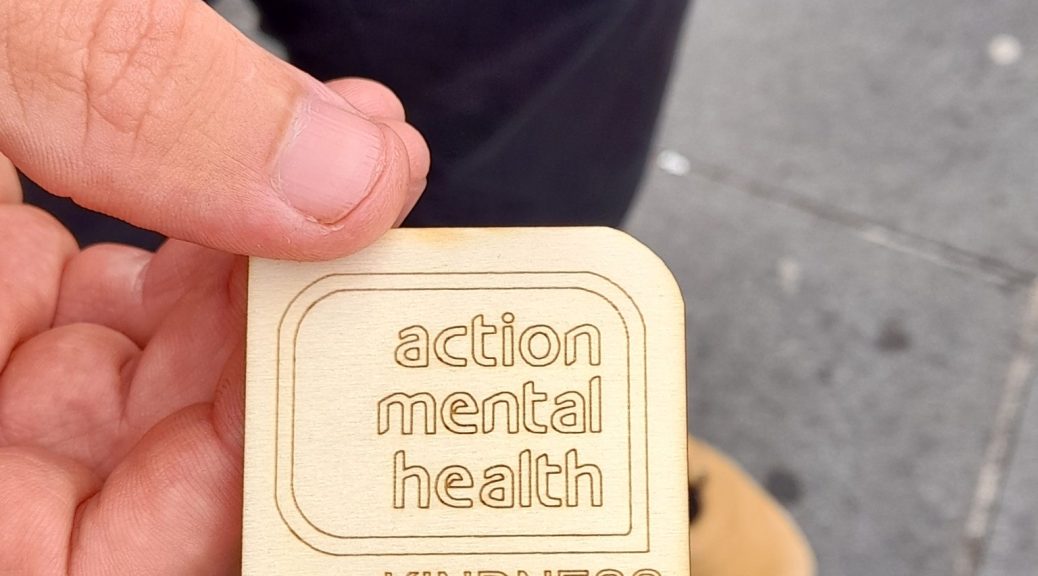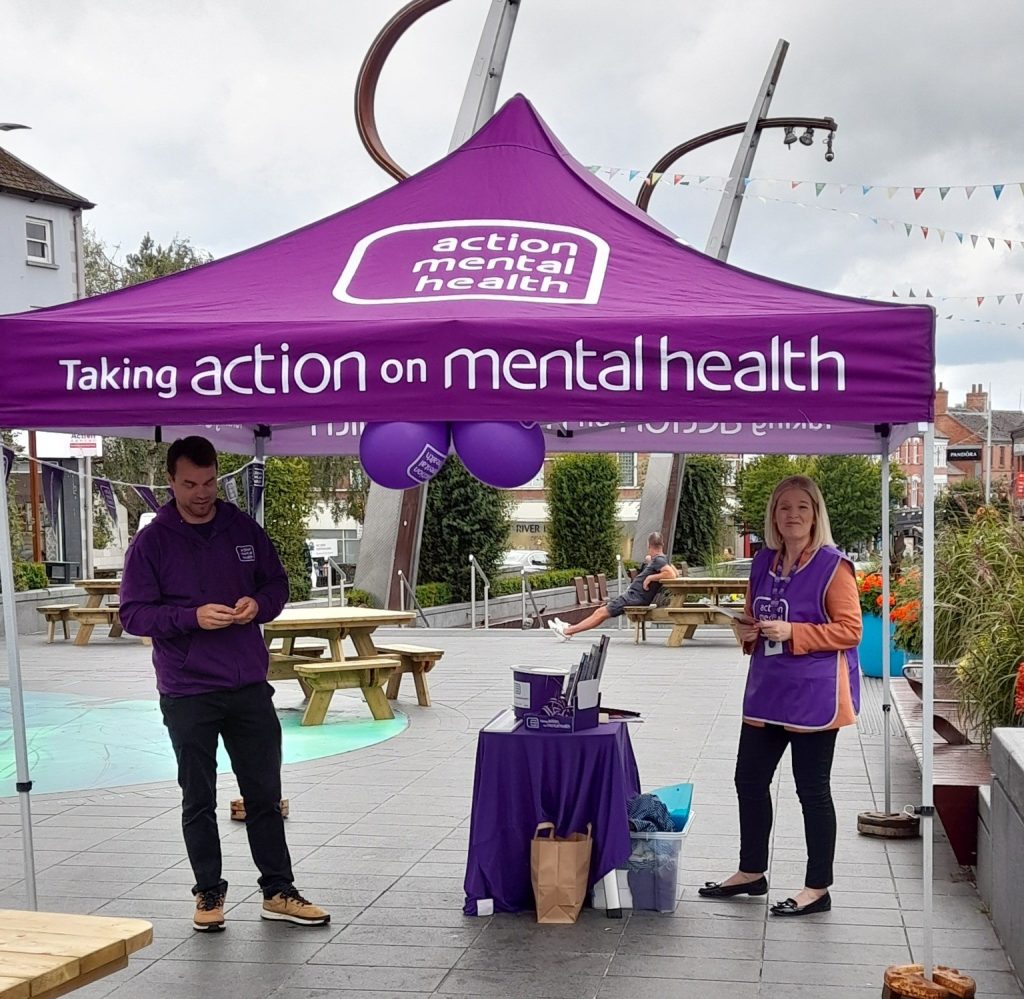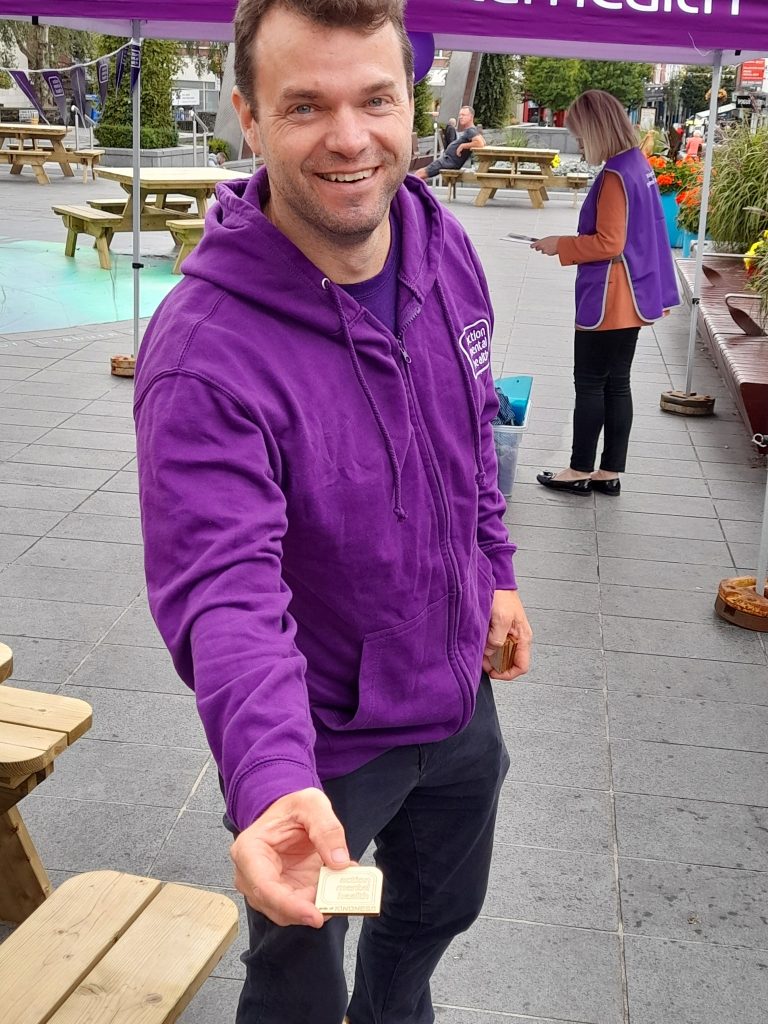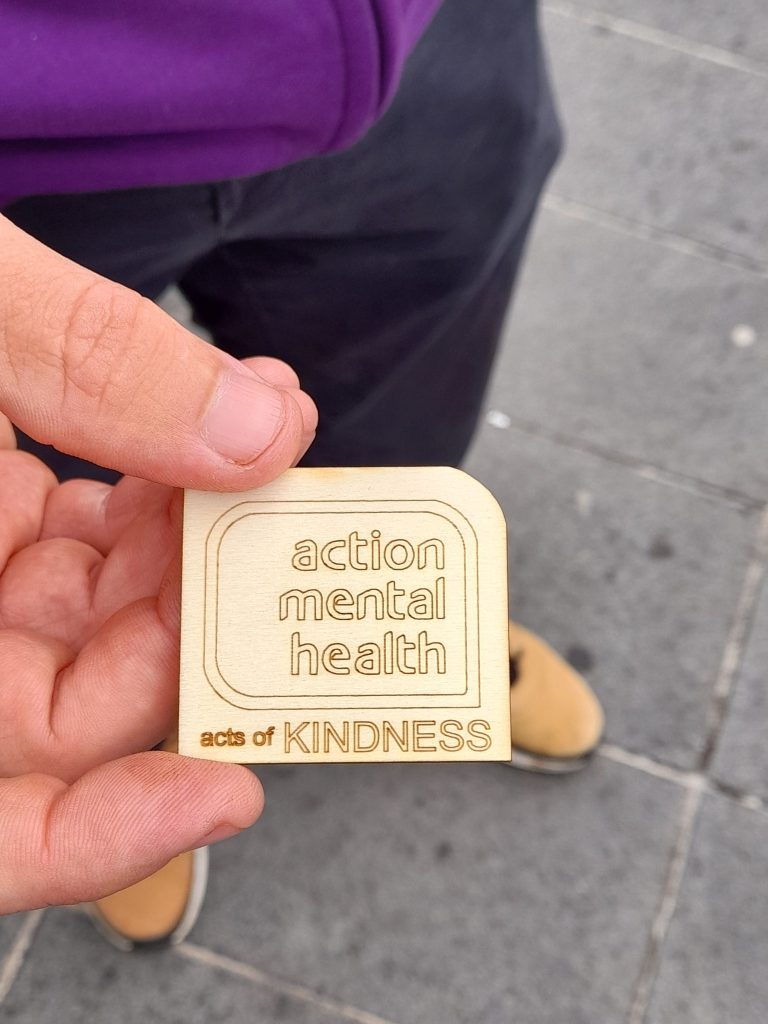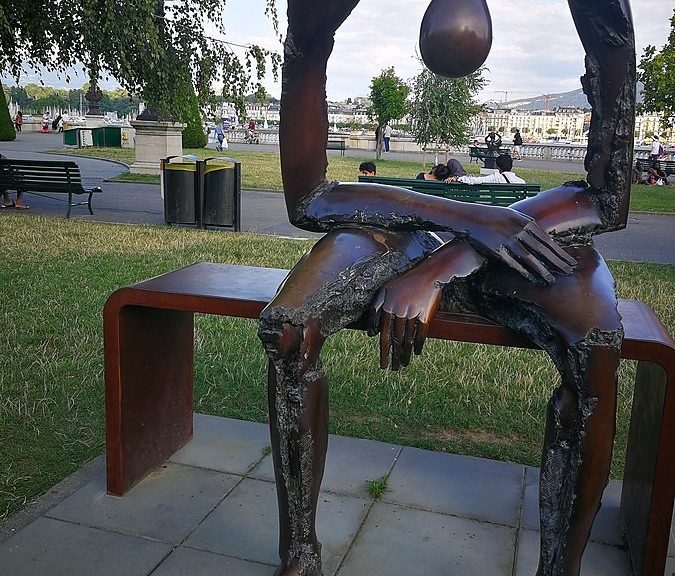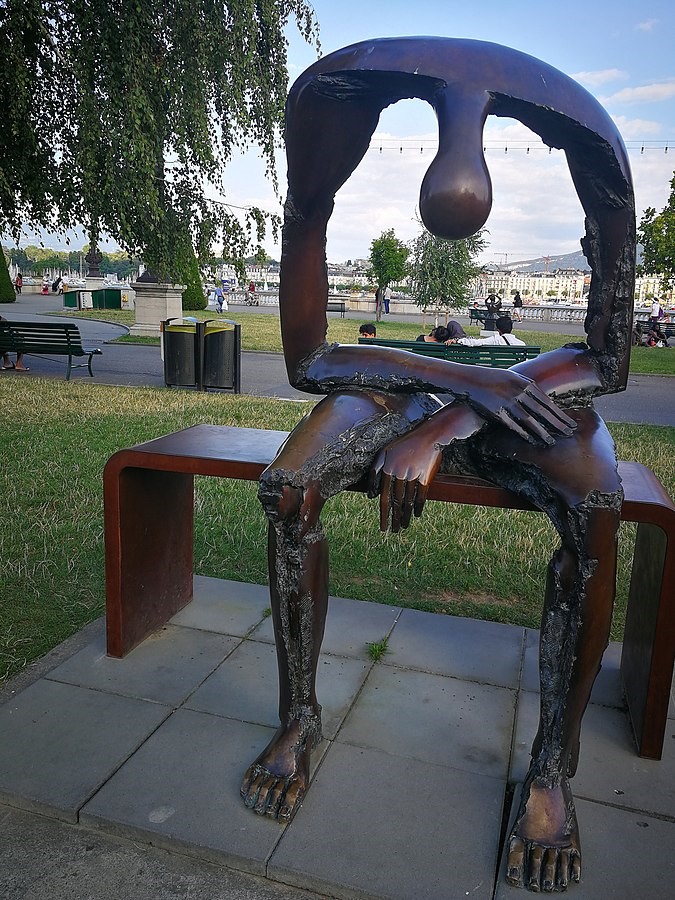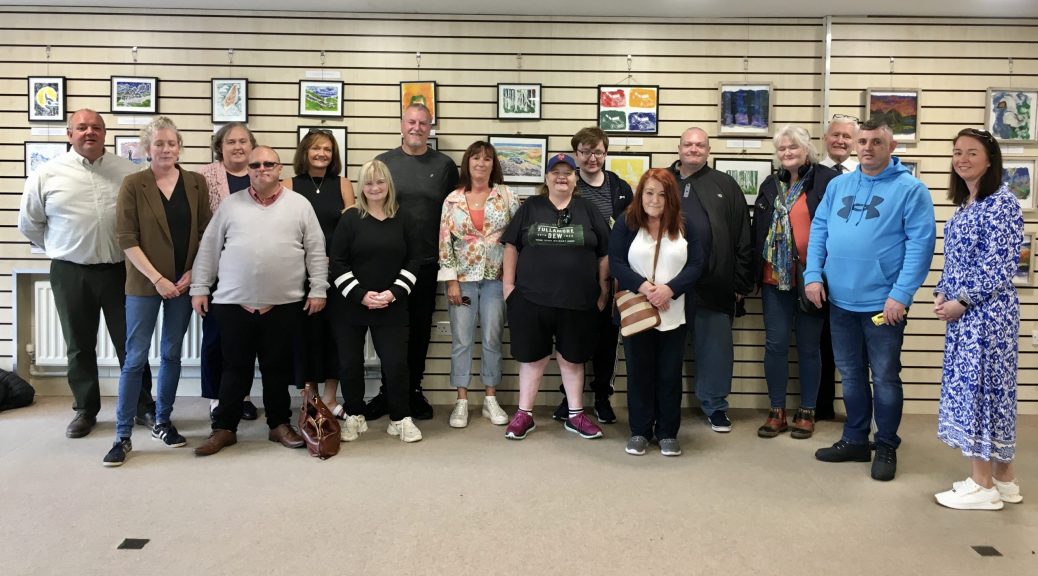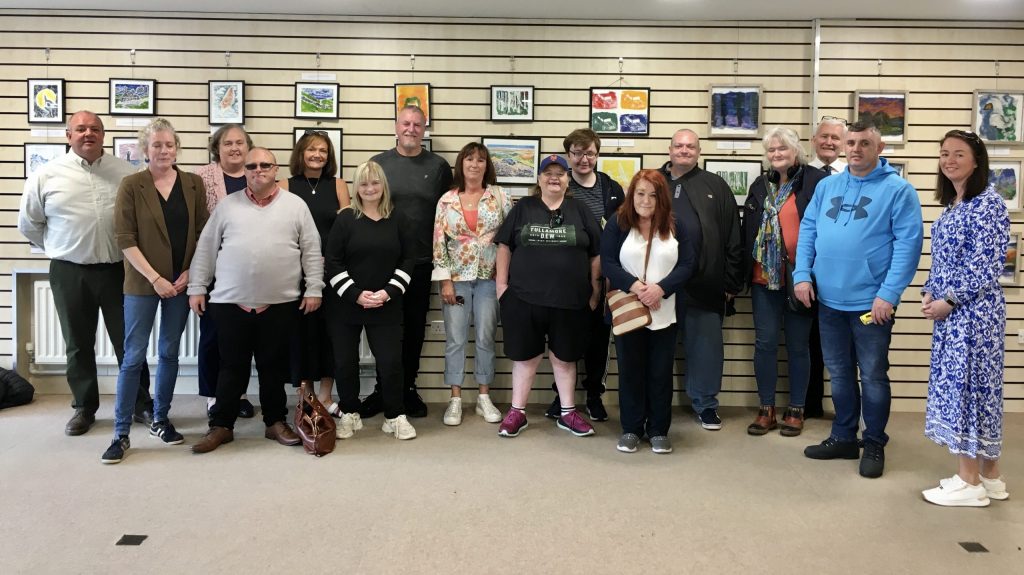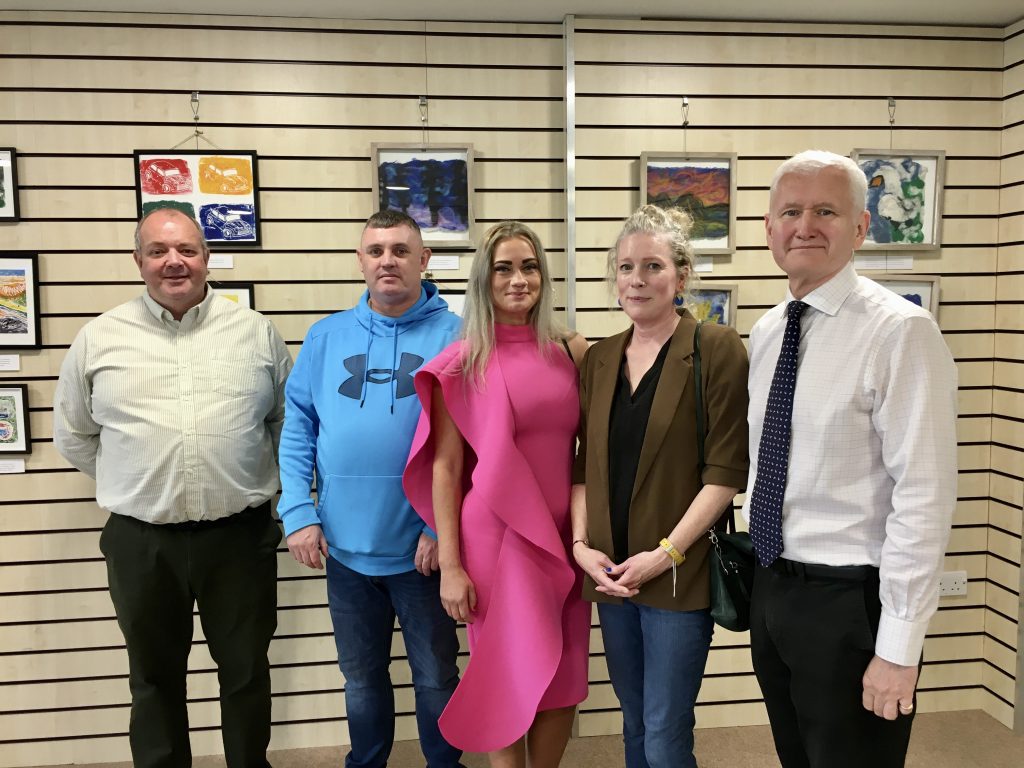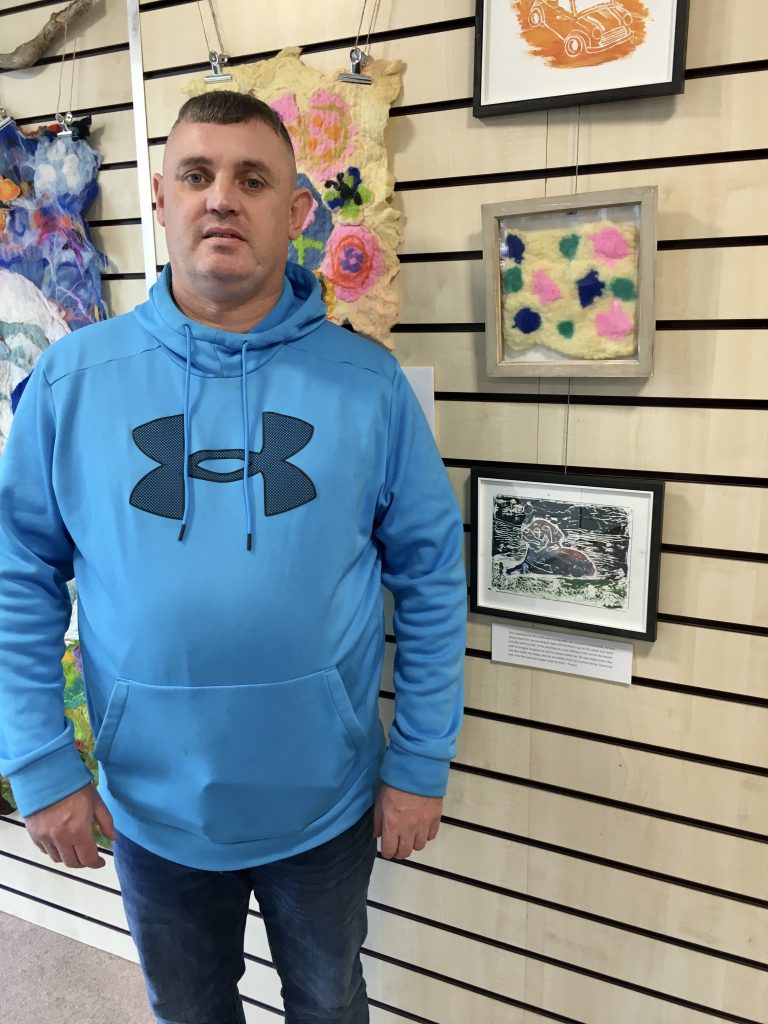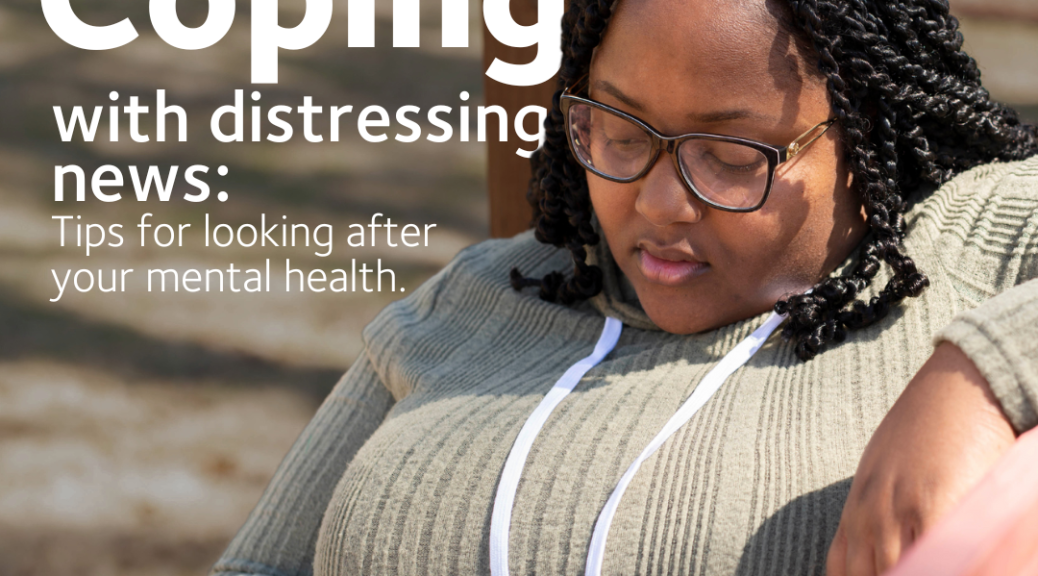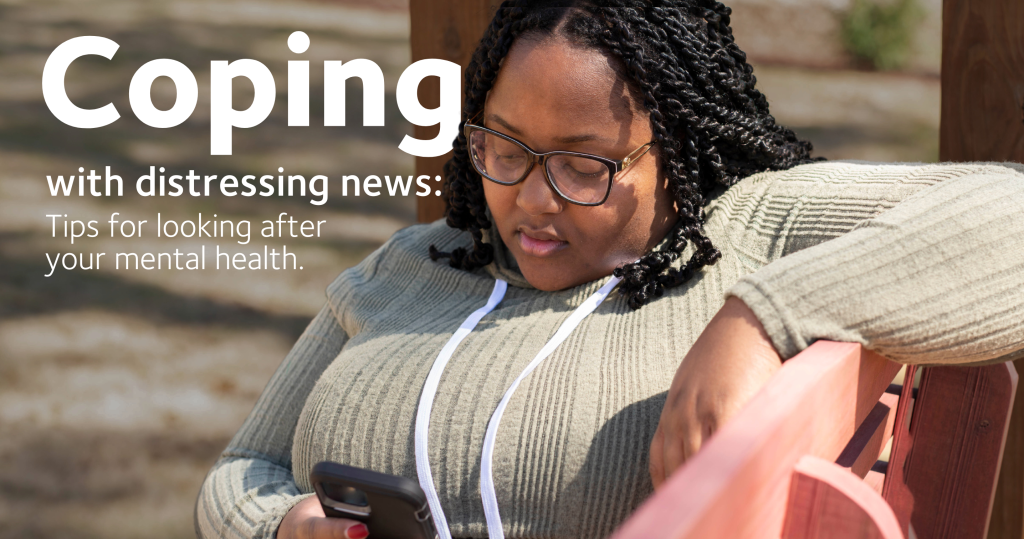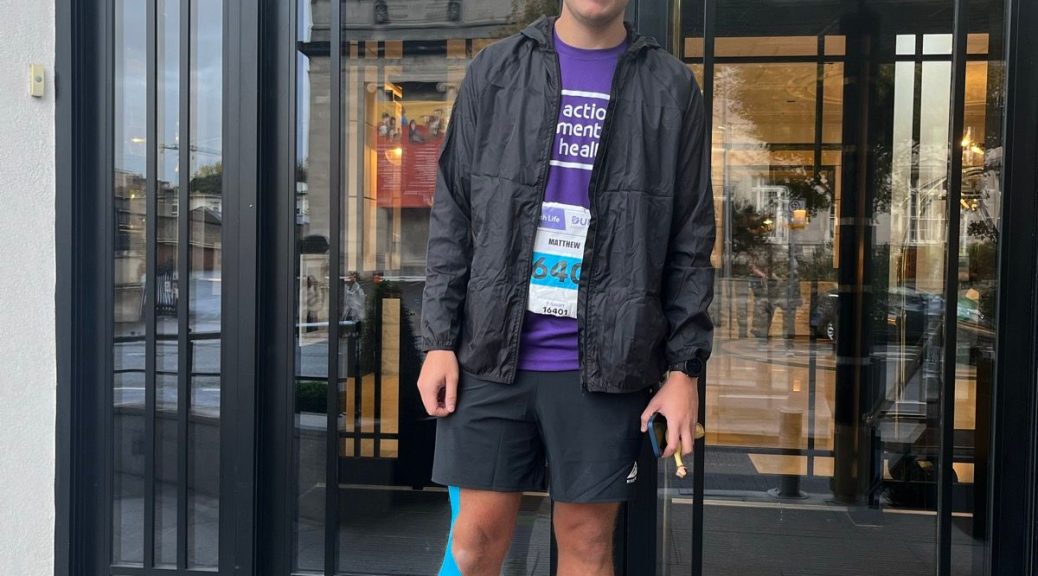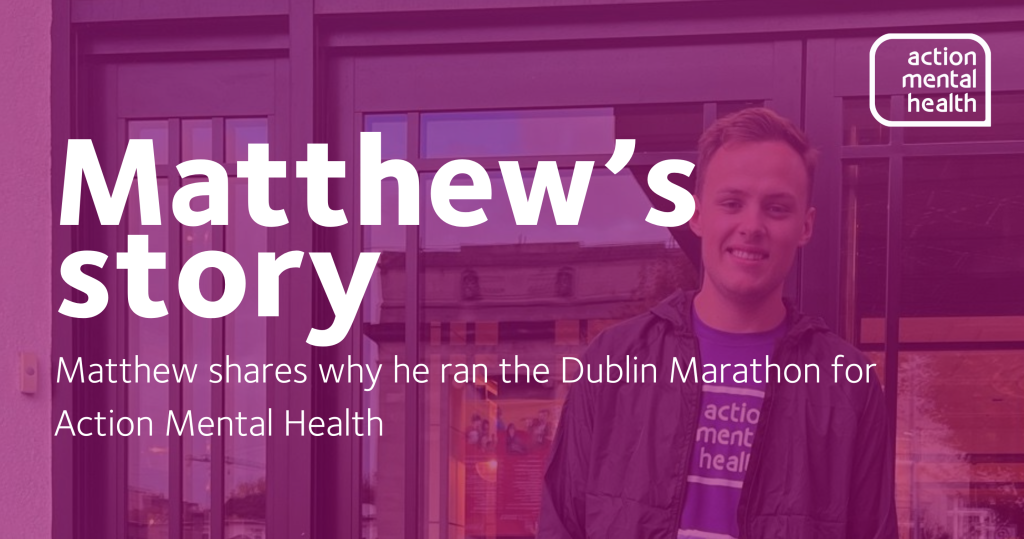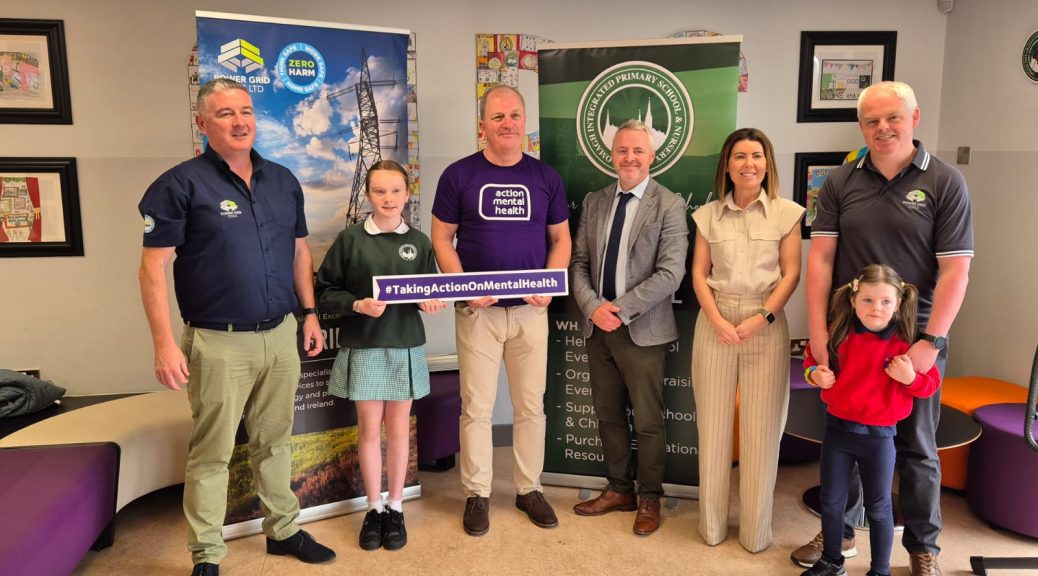With October being Menopause Awareness Month, this is a great opportunity to focus conversation on something which affects half the population here in Northern Ireland – and indeed, the world over. Still sometimes considered a taboo topic, the menopause (and perimenopause) is a significant time in a woman’s life – and how this transitional period is experienced is very much individual to each person.
Menopause, as explained by the NHS, is “when your periods stop due to lower hormone levels. It usually affects women between the ages of 45 and 55, but it can happen earlier.” Menopause can also occur following surgery to remove the ovaries or uterus and can be triggered by cancer treatments such as chemotherapy.
Perimenopause, meanwhile, is when the symptoms of menopause occur alongside your periods, so it ends once periods have stopped for 12 months – and then menopause begins.
Common menopause and perimenopause symptoms can include (but are not limited to):
- Mental health issues such as anxiety, problems with memory or concentration (‘brain fog’), depression, mood swings and low self-esteem.
- Irregular periods.
- Physical symptoms such as hot flushes, trouble sleeping, palpitations, headaches/migraines, muscle pain and various other symptoms.
The theme for World Menopause Day 2024 – which takes place on October 18 and is spearheaded by the International Menopause Society – is Menopause Hormone Therapy (also known as Hormone Replacement Therapy or HRT in the UK).
HRT is “the main medicine treatment for menopause and perimenopause symptoms … which replaces hormone that are at low levels. There are other treatments if you cannot, or choose not to, have HRT.” (NHS).
In the first of our series of menopause-related blogs this month, we’ve subsequently spoken with one of Northern Ireland’s first accredited menopause specialists, Dr Siobhan Kirk, to get her views on using HRT and to chat about the menopause in general, along with its potential associated effects on mental health.
Always access accurate advice
An accredited menopause specialist and trainer with the British Menopause Society, Dr Kirk is also a fellow of the Royal College of Obstetricians and Gynaecologists and the Faculty of Sexual and Reproductive Healthcare (FSRH). In addition to this, she is on the Specialist Register for Community Sexual and Reproductive Health and is chair of the NI FSRH Committee and FSRH rep on the Royal College of Obstetricians & Gynaecologists (RCOG) NI Committee.
As a full-time Consultant in Sexual and Reproductive Health in Belfast HSC Trust, Siobhan primarily works with women presenting with POI (Premature Ovarian Insufficiency), as well as with those who are in early menopause following cancer treatment or surgery. Patients also include women with complex medical problems and those experiencing bleeding issues with HRT.
Initially only one of two accredited menopause specialists in Northern Ireland, Dr Kirk said that there had been an increased uptake in menopause training over the past few years, which was great. However, she added that, alongside the certified advice available to women, there was also a lot of misinformation circulating about the menopause, so her advice was always to seek support from reputable sources.
“Women need more accurate information,” she said. “There are a lot of people jumping on the menopause bandwagon and trying to make money out of women. There’s a lot of misinformation out there.
“The majority of menopause care is delivered through primary care, so that’s where education needs to be focused. General practice is on its knees all over the UK, so it’s difficult, as it’s very hard to do a menopause consultation in 10 minutes. It’s also a bit of a postcode lottery for treatment and advice.”
Considering this year’s World Menopause Day theme of HRT, Dr Kirk said that because every woman experienced the menopause differently, how they managed it was therefore very unique to them. As a result, HRT could work well for some, but might not be the best option for others. Some women may also experience lots of menopause symptoms, while others may experience fewer symptoms or, indeed, none at all.
“HRT is a very individual thing,” she said. “Not everybody needs HRT and not everybody gets symptoms. The main reason for taking it is for the symptoms, but some women can feel left out if they have no symptoms. There are a lot of women coming forward for advice who are doing fine and don’t have symptoms. There are unrealistic expectations too – some people think HRT can fix everything.”
Menopause mental health
Dr Kirk added that it was important to consider the mental health implications of the menopause alongside any physical symptoms women may experience.
“Sometimes the psychological symptoms can be worse than the hot flushes and the sweats,” she said. “Unfortunately, some of these women are still being offered anti-depressants, rather than HRT. Sometimes, CBT (Cognitive Behavioural Therapy) might be a better option as well – it’s all very individual.
“We need to raise awareness of the psychological aspects of menopause. The anxiety is quite often crippling and it’s often out of your control – for example, lying awake at night worrying about things. If you have no previous history of mental health issues and it all ties in with perimenopause, then HRT is the first plan, rather than anti-depressants.Existing mental health conditions can also exacerbate those experienced during menopause, sopsychologists and psychiatrists need to educate themselves around this.”
When it comes to advising women on where to go for accurate advice on the menopause and perimenopause, Dr Kirk said she recommended visiting the Women’s Health Concern website for accredited information.
Women’s Health Concern (WHC) is part of the British Menopause Society and has been providing accredited, independent advice to women on menopause, gynaecological and reproductive health since 1972. According to their website, lifestyle choices play a key role in managing menopause symptoms:
“Hormone Replacement Therapy (HRT), Cognitive Behavioural Therapy (CBT) and other complementary and alternative treatments can all be very helpful, but the transition to menopause is a good time to review your lifestyle. Not only can this help manage menopausal symptoms in the short term, it can lay the foundations for good health through perimenopause, menopause, and the years to come.”
Other local menopause resources are Menopause NI – which aims to raise awareness and to educate about the menopause – and Menopause Together (Northern Ireland’s first menopause charity), both of which are running conferences in October.
Dr Kirk added that, with more conversations happening around menopause online and elsewhere – which was positive – this did also increase the risk of inaccurate information circulating. Obtaining advice from reputable sources such as Women’s Health Concern and linking in with reliable support locally was therefore key.
For women seeking help with the menopause her top tips are:
- Access accurate sources of information.
- Make the GP your first port of call.
Resources:
- NHS: https://www.nhs.uk/conditions/menopause/
- British Menopause Society: https://thebms.org.uk/
- Women’s Health Concern: https://www.womens-health-concern.org/
- International Menopause Society: https://www.imsociety.org/?v=7885444af42e
- Dr Siobhan Kirk: https://www.drsiobhankirk.com/
- Menopause NI: https://menopauseni.com/
- Menopause Together: https://menopausetogether.org/





